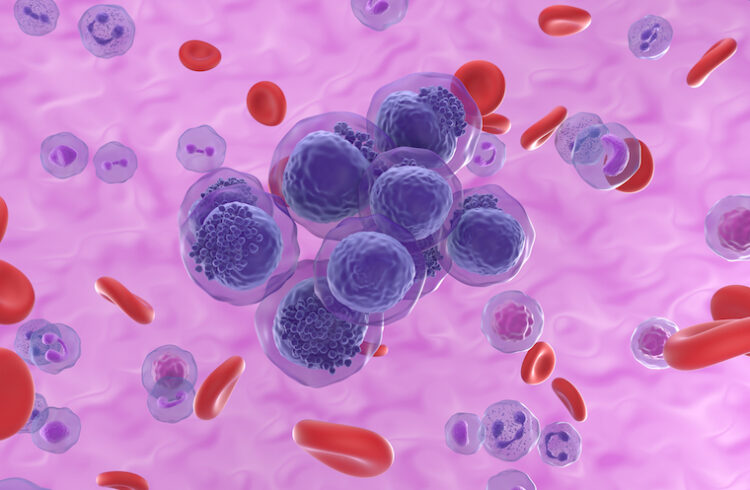
Ryan Smith, MD, is conducting an erectile dysfunction clinical trial.

Ryan Smith, MD, is conducting an erectile dysfunction clinical trial.
UVA Health is testing the potential of soundwaves to improve erectile dysfunction.
UVA is conducting a clinical trial exploring the potential of “low-intensity shockwave therapy” to address ED by promoting new blood vessel growth and tissue repair. The federal Food and Drug Administration has already approved the technology to promote wound healing in musculoskeletal disorders.
“Shockwave therapy is a novel modality in the treatment of erectile dysfunction. However, the patients most likely to benefit, the safety, durability and optimal treatment protocols are largely unknown,” said Ryan Smith, MD, of UVA Health’s Department of Urology. “Current treatments for ED don’t address the underlying pathophysiology, but the hope is that shockwave therapy could be potentially restorative, at least to some degree. It’s important for men to understand, however, that it’s not the fountain of youth.”
Erectile Dysfunction (ED)
To determine if shockwave therapy could address the underlying causes of ED, UVA is enrolling men ages 30-80 who suffer from the condition. Eligible participants include men who have baseline ED, those who have undergone treatment for prostate cancer and have ED, and those planning to undergo prostate cancer treatment and have or are at risk for the condition. (Some men avoid treatment for slow-growing prostate cancers because of its potential effects on their sex lives.)
The trial is blinded, meaning participants will not know whether they are receiving shockwave therapy or a simulation (sham treatment). Those who receive the placebo treatment will be eligible to receive shockwave therapy after a one-month follow-up appointment.
Shockwave therapy is administered using a wand that creates non-invasive, pulsed sound waves. In this case, it is delivered directly to the genital area, in the hopes it will improve blood flow by strengthening blood vessels and encouraging the formation of new ones. Smith notes that while this technology is becoming more widely available in the community, given the unproven benefit, it is important that patients receive treatment as a part of a trial until more safety and efficacy data is available.
About the Trial
Trial participants will have appointments twice weekly for the first three weeks. They will also have appointments one month, three months and six months after they enroll.
The trial will evaluate shockwave therapy’s effect, if any, on erectile dysfunction, and whether there are side effects such as bruising or pain. Trial participants will receive the shockwave therapy at no cost.
If the initial testing proves successful, that could lead to a larger trial open to more men with ED. The FDA would need to review the results from the trials before approving the technology for the treatment of erectile dysfunction.
To keep up with the latest medical research news from UVA, subscribe to the Making of Medicine blog.



